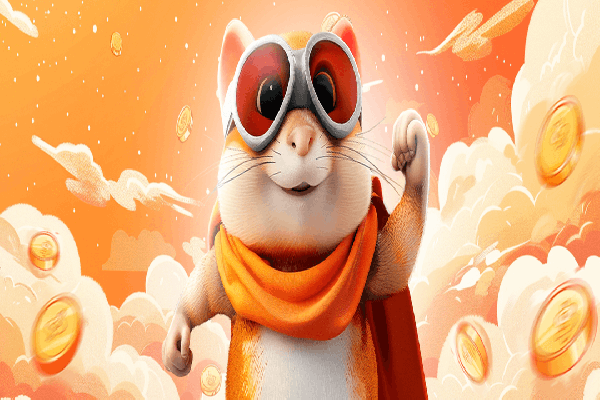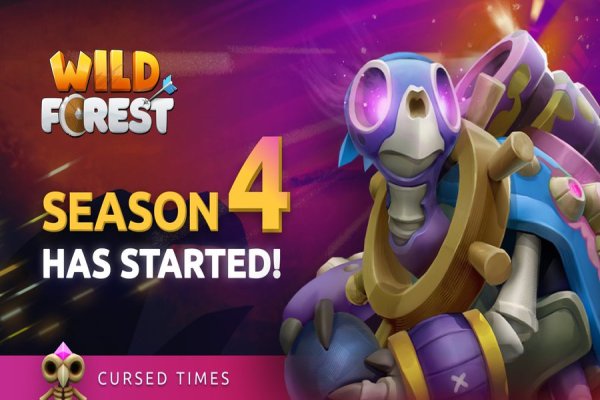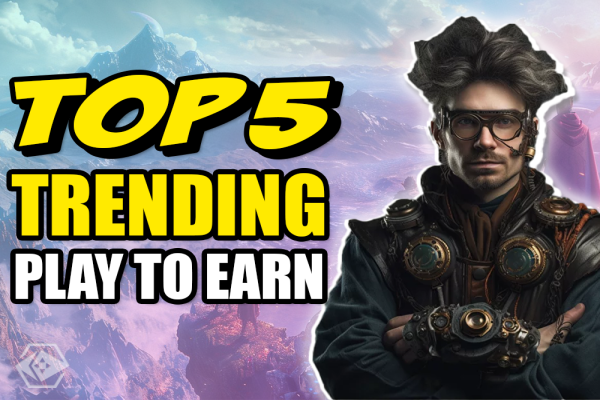Hamster Kombat has laid out ambitious plans for the future following the much-anticipated launch of its HMSTR token and airdrop, which occurred on The Open Network (TON) on September 26. The game has gained tremendous popularity as a tap to earn experience within the Telegram platform, attracting over 300 million players, and now the team behind Hamster Kombat is already looking to expand its reach beyond Telegram and integrate new features, including NFTs, external payment systems, and an entirely new game library. The recent airdrop saw approximately 130 million players receive their HMSTR tokens.
Expanding the Game Beyond Telegram
Hamster Kombat has become a popular web3 game on Telegram, with players furiously tapping their screens to earn rewards and work towards the highly coveted airdrop. Yet, the team has expressed their intention to break away from the exclusivity of Telegram in order to reach an even larger audience. A progressive web app (PWA) is already in development for iOS, Android, and desktop users, which will enable players to access the game outside of Telegram while maintaining the seamless, app-like experience that PWAs are known for.
In a statement shared with media, the Hamster Kombat team emphasized that while Telegram will remain a key part of the game’s ecosystem, expanding beyond the platform is essential for its growth. “Telegram will always be a crucial part of Hamster Kombat and its ecosystem of products. Still, we are looking to expand in order to capture the audience that isn’t on Telegram yet,” the team said.
This move away from Telegram is not only intended to attract new users but also to reduce the game’s reliance on the platform, especially amid growing concerns over the app’s recent controversies, including the arrest of its CEO Pavel Durov in France and the subsequent legal issues surrounding the platform.
NFT Integration and New Games on the Horizon
October is set to be a busy month for Hamster Kombat as it launches the second season of gameplay and introduces new game titles to its library. The upcoming releases will allow players to explore a broader range of gaming experiences, beyond just tapping to earn. Hamster Kombat’s roadmap reveals that these new games will mirror the success of tap to earn predecessors like Notcoin, and there are plans to involve third-party developers in the creation of future titles.

Perhaps the most exciting development on the horizon is the integration of NFTs into the game, scheduled for November. These NFTs will serve as both collectibles and functional items within the Hamster Kombat universe, allowing players to further customize their experience. The introduction of NFTs is part of a broader effort to create more value and utility within the game’s ecosystem, which will eventually include an NFT marketplace.
Additionally, the team is planning to integrate external payment systems to make it easier for players to join and participate in the game. This move is aimed at simplifying the process of entering the Hamster Kombat ecosystem, particularly for players unfamiliar with blockchain technology or those who are new to web3 gaming.
HMSTR Token Vesting and Airdrop Mechanics
While the excitement around the recent airdrop is palpable, players weren’t able to claim their full allocation of HMSTR tokens on day one. According to the team, only 88.75% of the tokens were available for immediate claim, with the remaining 11.25% set to vest over a 10-month period. This means that players will have to wait until July 2025 to access the full amount of their HMSTR tokens.
The decision to implement a vesting schedule is intended to promote long-term engagement with the game and discourage players from immediately dumping their tokens on the market. It’s a move that reflects the team’s commitment to building a sustainable and lasting ecosystem around Hamster Kombat.
Competitive Clan Championship and Ad Network
In keeping with the game’s competitive nature, Hamster Kombat will introduce its first-ever “Competitive Clan Championship” early next year. This new feature will allow players to form clans, compete against one another, and earn rewards based on their performance. Clans will be an integral part of the game’s community-driven approach, fostering teamwork and strategic gameplay.
At the same time, the team plans to launch a dedicated ad network within the Hamster Kombat ecosystem. This ad network will serve a dual purpose: generating revenue for the project and offering players additional ways to earn rewards. As part of this initiative, the team has announced plans to use ad revenue to buy back tokens from the market and burn them, further supporting the value of HMSTR tokens over time.
Preparing for Future Growth
By summer 2025, Hamster Kombat will enter its second phase of development. This phase will see the introduction of user-generated content, allowing players to create and share their own in-game assets, levels, and experiences. The team envisions this feature as a way to engage the community more deeply and encourage creativity within the Hamster Kombat universe.
As the game continues to evolve, the team has set its sights on even bigger goals for the long term. By autumn 2025, they aim to expand beyond the PWA model and integrate directly with desktop games, offering a more immersive and feature-rich experience for players. This step is seen as critical in Hamster Kombat’s journey from a niche Telegram game to a major player in the Web3 gaming space.
“We are building a real business, not yet another crypto project,” the team stated in a press release, highlighting their ambition to onboard the next billion users into the web3 ecosystem through Hamster Kombat.
Challenges Ahead
Despite the exciting roadmap, Hamster Kombat faces many challenges. The Open Network (TON), which powers the game, experienced two network collapses in recent weeks due to overwhelming demand for token airdrops. Developers are cautiously optimistic that the recent HMSTR token launch will go smoothly, but there are concerns that the network may struggle to handle the sheer volume of players attempting to claim their tokens.
Moreover, the recent legal issues surrounding Telegram have raised questions about the long-term viability of the platform, particularly as a home for blockchain based games. While the Hamster Kombat team remains confident in their decision to expand beyond Telegram, the future of TON and its ability to support large-scale gaming projects like Hamster Kombat is still uncertain.



